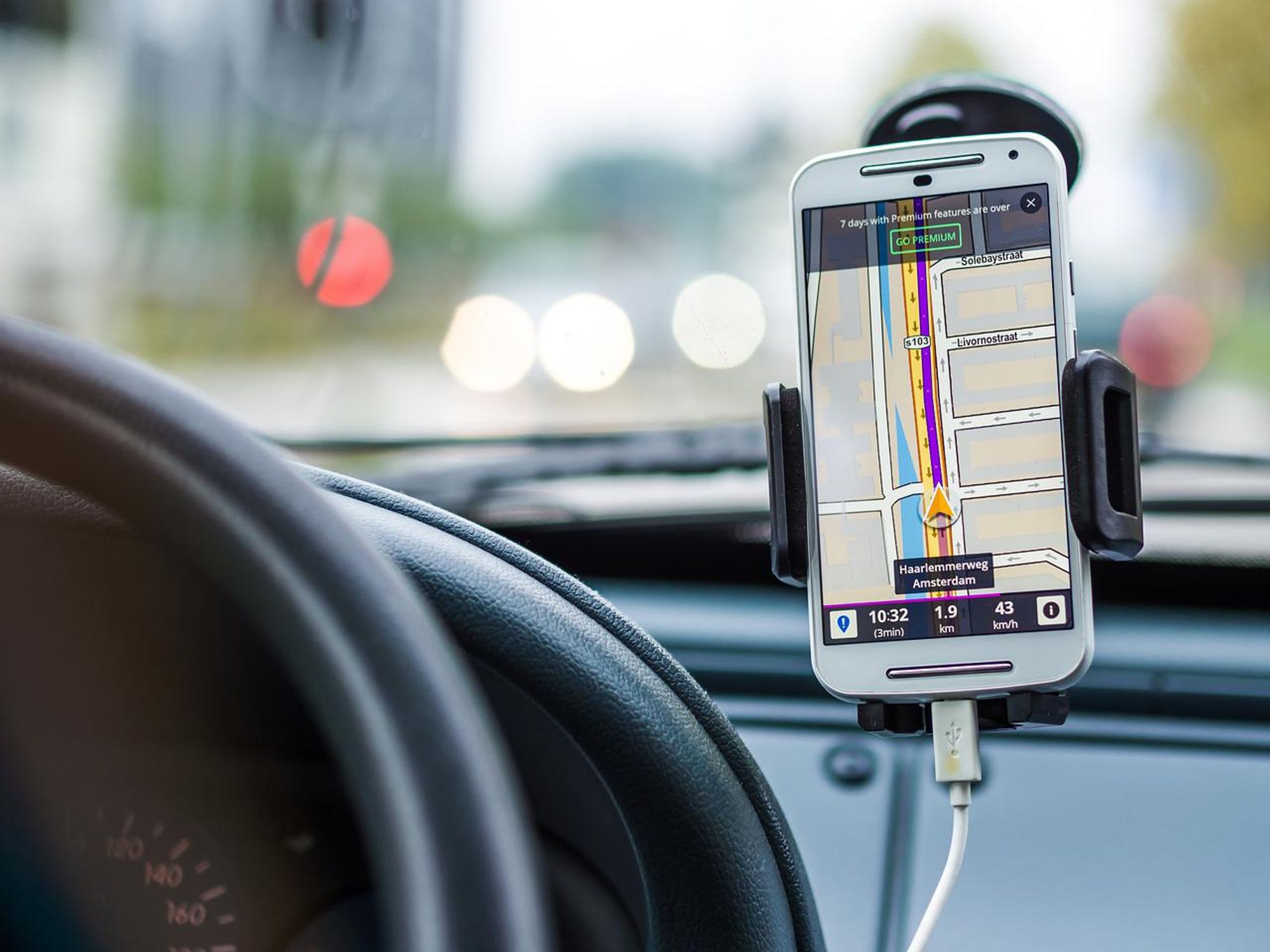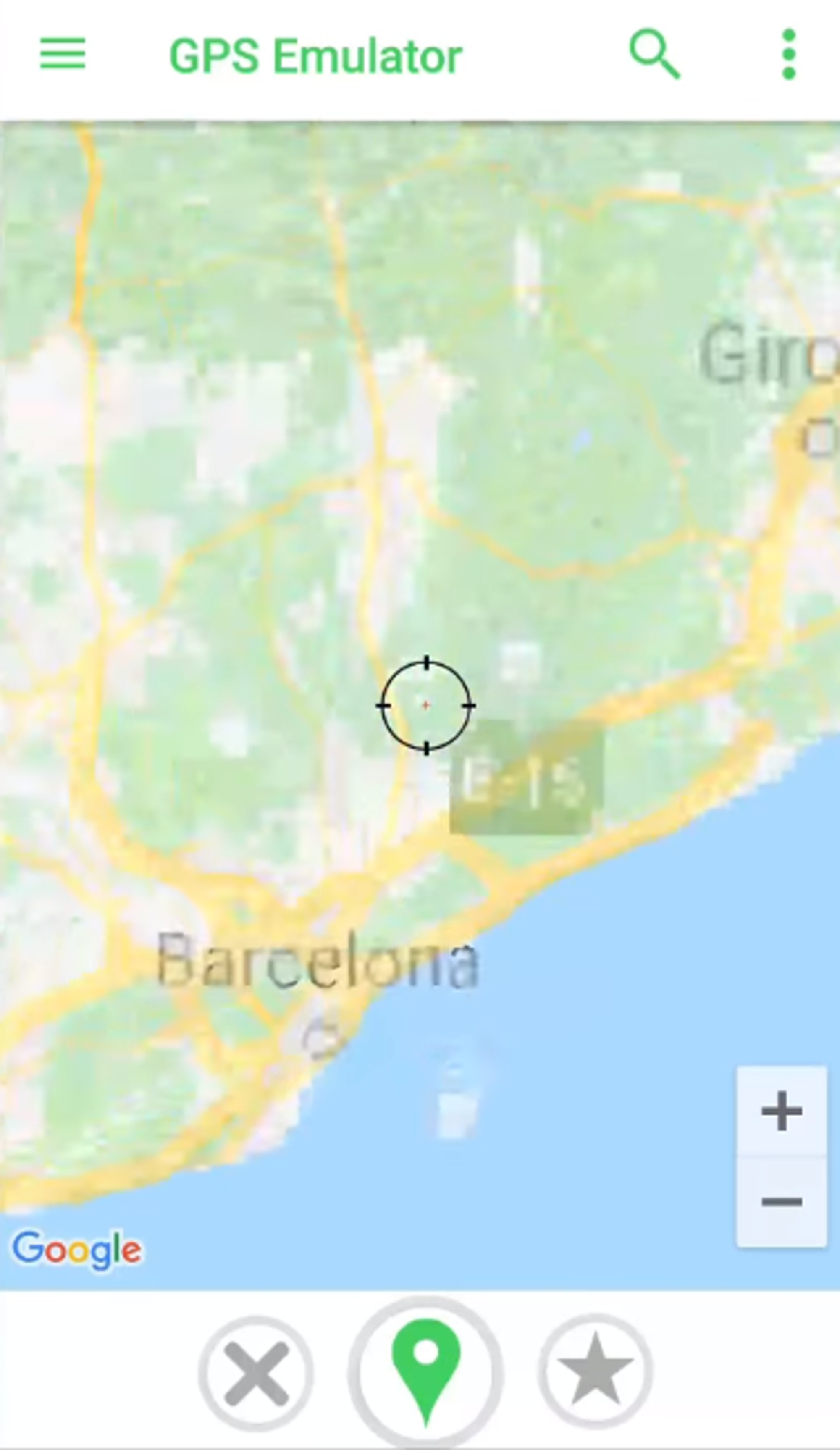What Is GPS Spoofing? How To Guard Against GPS Attacks
date
Sep 27, 2022
slug
what-is-gps-spoofing
status
Published
summary
GPS stands for Global Positioning System that can geo-locates your position on Earth. Learn if it is safe enough and how to prevent attacks to your GPS.
tags
Website
type
Post
featured_image_url
Author
Buse Eker
category
Cyber Security
meta_title
What Is GPS Spoofing? How To Guard Against GPS Attacks - FastVPN
GPS spoofing is a significant risk for people who trade their convenience for privacy. Those who like location services or turn-by-turn directions are some potential victims. So, what is GPS spoofing?
Below, we go through the details behind this security risk and ways you can prevent yourself from overexposure.
What Is GPS Spoofing?How to Avoid GPS Spoofing AttacksHide GPS Antennas and Create Fake OnesTake GPS Devices OfflineSwitch Your Phone to Battery Saving ModeUse a VPNDecline Location Tracking on Your Mobile DeviceWhy GPS Spoofing?Hide Fraudulent ActivitiesPrevent Precise Movement TrackingMilitary OperationsHide Locations from EveryoneGain an Edge in Mobile GamesWho’s at Risk of GPS Spoofing Attacks?Best GPS Spoofing Apps for AndroidDo IOs Have GPS Spoofing Apps?Conclusion – Why You Need To Worry About GPS Spoofing
What Is GPS Spoofing?
GPS spoofing is when you send incorrect location data to GPS. It can be an excellent way for individuals to hide their location from prying eyes.
GPS, which stands for Global Positioning System, is a series of satellites that can geo-locate you on Earth. Because this is a significant security breach, many privacy-conscious individuals like to avoid these tools. Based on Google Maps is one of the best examples of trading privacy for convenience.
When you spoof, it means hiding accurate data and providing false data. You participate in geo-location spoofing whenever you use a VPN to access streaming services not available in your country. However, this isn’t the same as GPS spoofing, which provides trackers with specific longitude and latitude coordinates.
GPS spoofing attacks are a unique form of cyberattack that have location-based goals. These attacks do one of three things:
- Lead you to dangerous connections or locations
- Create incorrect sipping routes for companies
- Mislead the enemy in cases of military operations
For individuals who use it ethically, spoofing is excellent. However, the risk of spoofing attacks is real.
How to Avoid GPS Spoofing Attacks
Whether you are a corporation or an individual, you can be a victim of spoofing attacks. Here are some tips you can use to avoid them:
Hide GPS Antennas and Create Fake Ones
Misdirection is an excellent first step for businesses or people who live in high-risk areas. Creating a fake antenna will cause criminals to target the wrong place. For participants in corporate sabotage, this saves you time, allowing you to spot potential criminals pacing between connection points.
Take GPS Devices Offline
Of course, you could also choose to disable GPS devices whenever they aren’t in use. Typically, GPS spoofing can begin when we aren’t paying attention. Because your devices like to be on 24/7, taking them offline is one way to prevent most of your risks.
Switch Your Phone to Battery Saving Mode
Battery saving mode disables all non-essential functions of your phone. This includes data features and anything that doesn’t contribute to a phone’s primary function: taking texts or calls. It also helps you out by saving your battery throughout the entire day. So this is a win-win situation.
Use a VPN
In cases where people attempt to spoof your location, having an incorrect place from the beginning will prevent this from happening. Some VPNs include spoofing features to hide your site from prying eyes. VPNs also encrypt your data, making some location-based tracking attempts impossible.
Decline Location Tracking on Your Mobile Device
If you are a private citizen, you don’t need location tracking. Often declining it in all your applications, your accounts should cover you. If you have a Google account, you will need to access those settings to decline Google Maps tracking.
Why GPS Spoofing?
There are many reasons to hide your location from private eyes. Here’s a list of options you can explore:
Hide Fraudulent Activities
If you are smuggling drugs, you don’t want to check-in at the nearest Mcdonald’s. Criminals might spoof their GPS location to give authorities false information. This information might buy them some time in an attempt to through government authorities the slip.
While I can’t suggest that you perform illegal activities, overcoming your country’s overbearing censorship is one of those reasons. GPS spoofing to a remote location within your country is one way to get around the illegal use of a VPN to look up “harmful information.”
Prevent Precise Movement Tracking

Precise movement tracking is a significant aspect of GPS tracking. Turn-by-turn navigation provides an excellent example of it. But you wouldn’t want others to have access to this information.
One famous example is the use of Apple AirTags can be great to find a lost purse. However, people are using these tags to stalk people. While this is an example of Bluetooth tracking, it is one example of the danger of precise monitoring; something GPS devices can do.
Military Operations
Twenty-first-century military technology has gotten to the point where it is relatively easy to track troop movements. More advanced technology features provide tactical knowledge through this tracking technology as a distinct advantage. The military was where the first applications of GPS occurred.
The navy and commercial boats use this data to find the best route through the open ocean. Despite it being a scary reminder of the world as it is today, the technology is impressive.
Hide Locations from Everyone
If you are a kid trying to hide from their overbearing parents, spoofing is one way to do that. Through video tutorials on YouTube, anyone can hide. Here is one of those video examples now:

The reality is that automatic check-ins and other public data allow people to track you. Anyone with enough time and a breadcrumb trail can follow you without leaving the house.
Gain an Edge in Mobile Games
Geo-driven mobile games provide excellent excuses to walk around. However, you won’t get much by taking the same path daily. Pokemon Go, for example, tracks your location and uses that location to spawn your favorite Pokemon everywhere.
Better Pokemon come out for those who travel. Other geo-location-driven games also provide advantages to those who participate in spoofing. Despite it coming with some security sacrifices, some people enjoy playing this unique take on fun.
Who’s at Risk of GPS Spoofing Attacks?

Worried you might be a target? Here are the groups most at risk for GPS spoofing:
- Shipping Companies – Companies that ship products are at high risk of spooking because they track their shipping routes using GPS. Competing companies can use blackhat tactics to waste a company’s time and money through spoofing.
- Countries – Military operations occur regularly without most of the world knowing. Soldiers can defend their position through spoofing and follow those on the opposing side to attack incorrect locations or rely on poor intel.
- Taxi and Ride-Sharing Services – Uber, Lyft, and taxi services all rely on GPS to get where they need to go. Spoofing can cause ridesharing apps to shut down completely, making it impossible to track rides and amounts owed.
- Individuals – Random people are at risk of GPS spoofing when led to unsafe locations or sites. Criminal activities like kidnapping or robbery can occur due to dangerous people spoofing technology.
- Construction Companies – Construction companies, also need to handle the shipment and movement of goods between job sites. In cases where they don’t work, it might be a competing business trying to waste its time.
Best GPS Spoofing Apps for Android

If you want some mobile apps to help you with spoofing, here are some options you can take:
First, we will list out options for Android smartphone users:
To enable a mock location app on Android, you’ll need to go to developer options under the system. Once you select your preferred app from the list above, you’ll be able to spoof your location.
Do IOs Have GPS Spoofing Apps?
Apple forbids any developer from making spoofing apps. So if you want to spoof your location, you’ll need to jailbreak your Apple device.
Jailbreaking an iPhone is when you modify your operating system with custom applications. Doing so on iOS or iPadOS will void your warranty. It also requires a certain amount of technical skill, meaning it’s not ideal if you have a new phone and lack the technical skill to do it yourself.
You can also permanently destroy your phone, so be sure to back up any data before starting. But to start, you’ll need to download GitHub files like unc0ver (for 14.3), fugu14 (up to 14.5.1), or checkra1n (for older than 14.3).
You will plug in your iPhone, run the respective program, and wait for it to tell you when it’s finished. Some of these programs will also tell you whether the device is compatible, so be sure to follow all onscreen instructions. Because we have to tell you this again: you do so at your peril, so be mentally prepared to lose an iPhone if you mess up.
Conclusion – Why You Need To Worry About GPS Spoofing
You need to worry about GPS spoofing for two reasons:
- To catch lies in action
- As a way to protect your data
There are good reasons to spoof for people who want to protect their location. However, much of those spoofs can be solved by denying location-based access. It’s up to you how you want to handle it.
You can spoof your location through non- GPS devices using a VPN for proper internet security. So get The Fast VPN today to be sure you remain secure online.